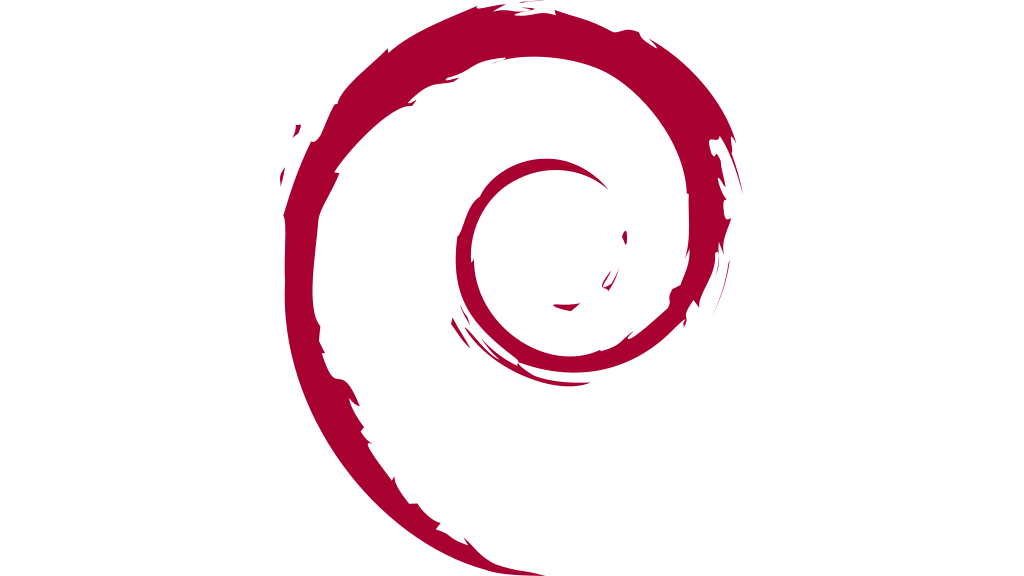An operating system distribution is the packaging of a raw O/S so that is can be installed and used by regular people on many different hardware platforms and configurations.
This good description of the Debian distribution is extracted from the Debian project FAQ:
The Debian Project is an association of individuals who have made common cause to create a free operating system. This operating system that we have created is called Debian GNU/Linux, or simply Debian for short.
An operating system is the set of basic programs and utilities that make your computer run. At the core of an operating system is the kernel. The kernel is the most fundamental program on the computer and does all the basic housekeeping and lets you start other programs.
Debian systems currently use the Linux kernel. Linux is a piece of software started by Linus Torvalds and supported by thousands of programmers worldwide.
A large part of the basic tools that fill out the operating system come from the GNU project; hence the name: GNU/Linux. These tools are also free.
Of course, the thing that people want is application software: programs to help them get what they want to do done, from editing documents to running a business to playing games to writing more software. Debian comes with over 29000 packages (precompiled software that is bundled up in a nice format for easy installation on your machine) — all of it free.
It’s a bit like a tower. At the base is the kernel. On top of that are all the basic tools. Next is all the software that you run on the computer. At the top of the tower is Debian — carefully organizing and fitting everything so it all works together. “
Debian supports many different hardware platforms and even uses 3 different kernels. Software applications packaged and supported by the Debian project are portable across many different systems and have an automated upgrade path. In this case free means freedom of choice and free from vendor lock-in.
